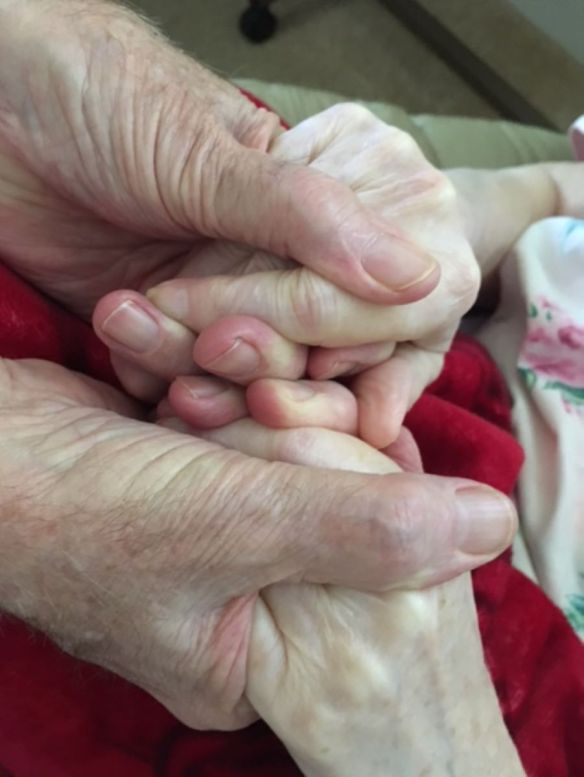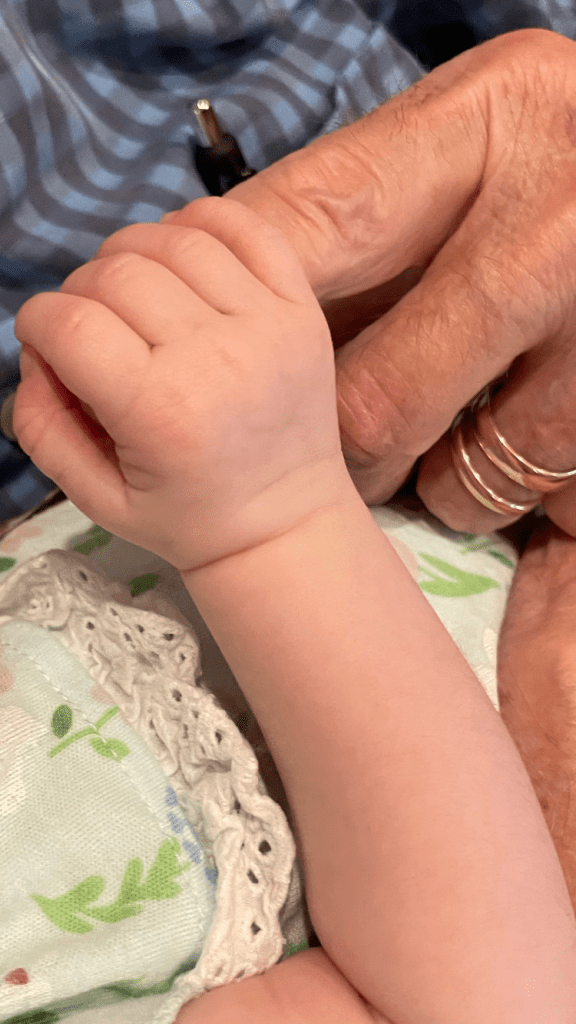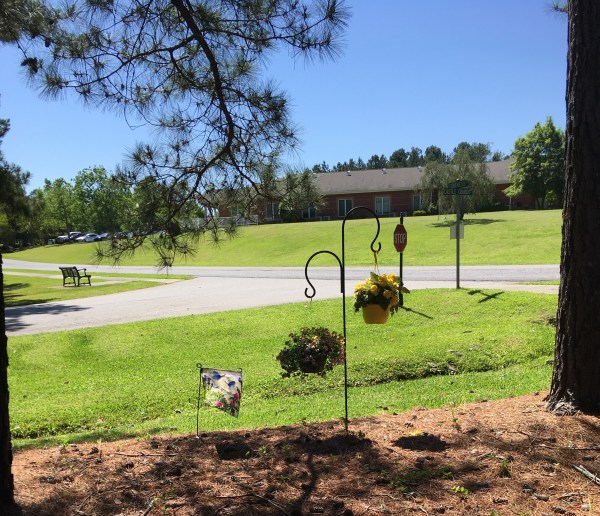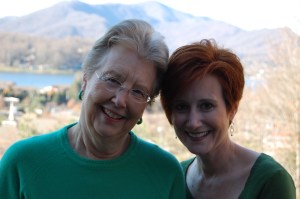Since reaching my 80th birthday in November, I have been keenly aware that I am running out of time. According to the Social Security actuaries, my life expectancy is now in single digits, roughly eight more years. That’s a sobering realization.
For most of my life, my orientation has been toward the future, anticipating and preparing for new beginnings. Beginning school, entering marriage, starting a family, graduating from school, launching a vocation, moving to a new congregation and community, retiring from one position and beginning another one, having grandchildren and even a great grandchild. The future has seemed limitless.
Now, I am living with more endings than beginnings. I have more memories than dreams, more recollections than anticipations. I’m losing more long-time friends and family members faster than gaining new ones.
Diminishment is my reality. Diminished energy, diminished engagements, diminished responsibilities, diminished influence, diminished number of living siblings, diminished circle of friends, diminished mobility.
Although my health is currently strong and my cognitive capacities are intact, frailty is likely just around the corner. I dread that phase for me and my family. I prefer to skip feebleness, but physical and mental frailty is the norm in our later years.
This sounds so depressing! Admittedly, I am grieving a multitude of losses and learning to live with accumulating endings and fewer beginnings.
Laments have become integral to my prayer life. Psalm 71 surfaces regularly: “Do not cast me off in the time of my old age; do not forsake me when my strength is spent.”
Laments, however, clear the way for possible new beginnings. They are means of letting go, probing deeper, and re-ordering priorities. Lament makes possible a re-orientation toward the present and future.
During a seminar on pastoral care and dementia, a friend asked, “Ken, you cared for Linda during the years of her frailty and death. What did you learn in that process that is helpful as you face your own frail years?”
My immediate response was that I know I will be supported in my infirmity by people who love me. As Linda was surrounded by love and support as her capacities diminished, I will be upheld by that same love. I may not be able to reciprocate, but I know from experience that love expands as we live in solidarity with the vulnerable and powerless. After all, love endures because love is participation in the very life of God.
As I have continued to ponder my friend’s question, other lessons have emerged.
Loving Linda in her frailty has taught me to value the present moment and fill it with as much joy and love as possible. In reality, the present moment is all any of us have for certain. As with most things, time increases in value as it decreases in quantity. In a sense, each moment is a new opportunity, even a new beginning!
Linda also helped me to learn that it’s the simple, even unnoticed actions that have the most meaning. A gesture of recognition, fleeting smile, twinkle in the eyes, gentle squeeze of the hand, simple act of kindness toward those nearby have immeasurable effects. Though the circle of relationships may grow smaller, the depth of the love can grow deeper. As Mother Teresa affirmed: “Not all of us can do great things. But we can do small things with great love.”
Finally, I am learning that being really is more important than doing! That is a hard reality to accept in a society that values productivity above almost all else. Human worth often is measured by capacities to produce, to DO! I’m living proof that the ability to DO inevitably diminishes with the advancement of age. But BEING a beloved child of God has no expiration date.
Although death has taken Linda’s presence from me, she remains part of my BEING, reminding me that when death comes to me, I will still be part of those with whom I have shared love.








